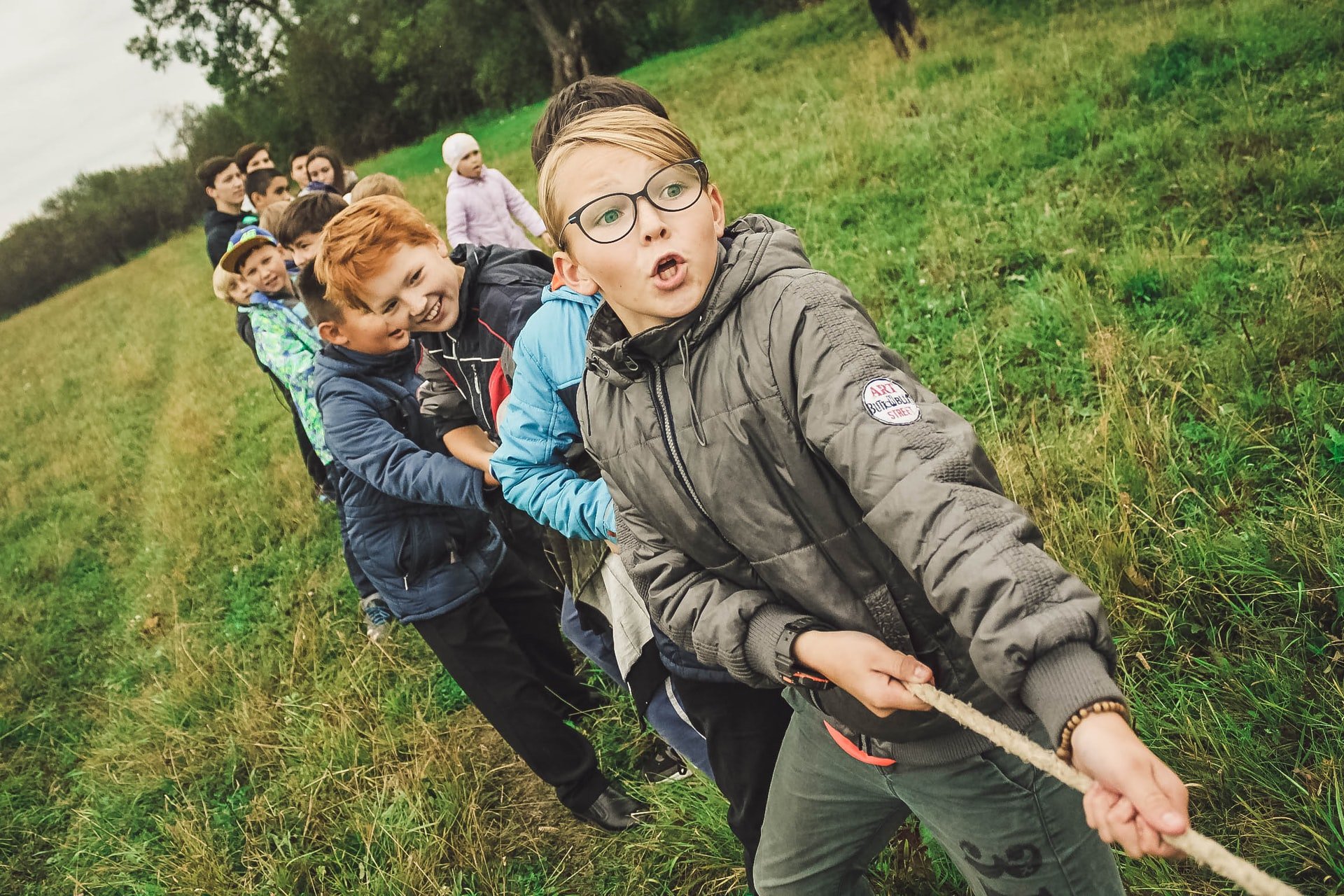To improve resilience at work, take a cue from children
One of the fun things about having a diverse career is being able to pull techniques from my work as a clinical psychologist into my current work as a performance coach and leadership advisor.
“Resilience” is a great example. Today, everyone uses the word to describe how effective people cope with crisis and trauma — so much so it has become overused, as I wrote while discussing emotional endurance. Yet when I hear it, it brings to mind my clinical experience and the research that goes with it.
What resilient children can teach us about ourselves
When I was earning my Ph.D. in clinical psychology, we studied the work of Norman Garmezy. Garmezy was interested in children who came out of highly stressful environments — poverty, family instability, etc. — and yet thrived. Starting in the 1960s, he and his team spent decades researching what made these children different.
Here in 2022, as the executives I counsel try to respond to crisis and manage stress, I can’t help but think of the stories of these children overcoming incredible obstacles to become high-functioning adults. Is there something in Garmezy’s old research that can teach the rest of us how to develop resilience?
Building resilience at work starts in your mind
Garmezy and his team found that future outcomes were influenced by both internal and environmental factors. The four psychological factors that differentiated the resilient children were:
Autonomy and independence: “I’m going to do this on my own terms.”
Seeking out new experiences: “I’m going to try it in a new way.”
A positive social orientation: “I’m going to expect the best of people.”
An internal locus of control: “I’m going to take charge and figure this out myself.”
Like the resilient children, by using these four tools, we can learn to alter our perceptions — to reframe potentially traumatic events as opportunities to learn and grow. We can learn to better regulate our emotional responses. We can stop blaming ourselves for events that are out of our control, stop over-generalizing from single bad experiences, and learn to see our problems as temporary rather than permanent.
It’s not too late for resilience training
If you missed the chance to build these necessary skills as a child, don’t worry. Further research found that adults can still learn the skills of resilience even if they didn’t exhibit them as children.
Even the external factors Garmezy found are not entirely a matter of luck. One example is a strong bond with a supportive adult. Creating a supportive relationship is out of your control, but not out of your influence. Some people, both children and adults, are good at generating support from others. They know how to ask for help. And even more importantly, they know how to offer positive energy to others, so people are drawn to them and willing to lend a hand.
Navigating our world continues to demand a high level of resilience from us. We can learn from the children Garmezy studied and incorporate their skills into our own repertoire.
If you’d like to know more about how to build resilience in yourself and your team, contact us at ggolden@gailgoldenconsulting.com.


